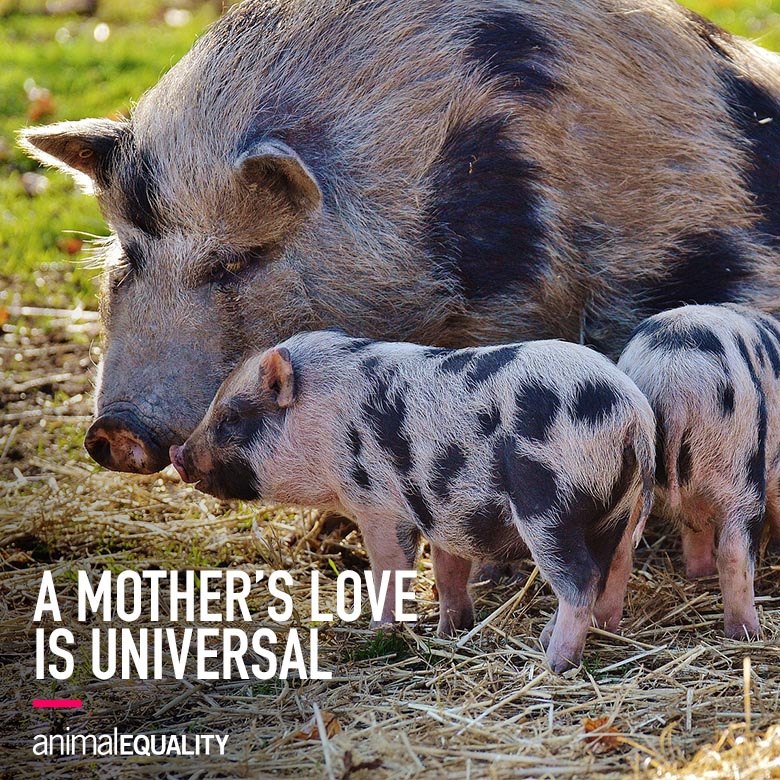
The meat industry, a cornerstone of global food production, sustains a significant portion of the world’s population. However, behind the scenes of meat consumption lies a myriad of hazards that extend beyond individual health risks. From environmental degradation to ethical concerns surrounding animal welfare, it’s crucial to shed light on the multifaceted dangers associated with the Meat industry hazards.
Health Risks
Consumption of meat, particularly processed and red meats, has been linked to a plethora of health risks, including heart disease, stroke, cancer, and obesity. Processed meats often contain high levels of saturated fats, cholesterol, and sodium, contributing to cardiovascular problems and hypertension. Furthermore, the presence of carcinogens such as heterocyclic amines and polycyclic aromatic hydrocarbons in grilled and charred meats poses an increased risk of cancer, particularly colorectal cancer. Additionally, antibiotics and growth hormones administered to livestock in industrial farming operations can lead to antibiotic resistance and other health complications in humans. As such, reliance on meat-centric diets may compromise individual health and well-being.
Environmental Degradation
The meat industry exacts a heavy toll on the environment, contributing to deforestation, water scarcity, and greenhouse gas emissions. Large-scale livestock farming requires vast amounts of land, water, and feed resources, leading to deforestation and habitat destruction, particularly in regions like the Amazon rainforest. Moreover, animal waste from industrial farming operations contaminates water sources, polluting rivers and groundwater and posing risks to human health and aquatic ecosystems. Additionally, livestock production is a significant contributor to greenhouse gas emissions, particularly methane and nitrous oxide, which are potent drivers of climate change. Transitioning away from meat consumption is essential for mitigating environmental degradation and promoting sustainability.
Ethical Concerns
The meat industry is fraught with ethical dilemmas surrounding animal welfare and exploitation. Industrial farming practices subject animals to confinement, overcrowding, and inhumane treatment, prioritizing profit over animal well-being. Factory-farmed animals endure routine mutilations, such as tail docking and debeaking, without anesthesia, leading to physical pain and suffering. Moreover, the slaughter process often involves cruelty and stress for animals, further underscoring the ethical implications of meat consumption. The commodification and objectification of sentient beings in the meat industry perpetuate a cycle of exploitation and suffering. Ethical considerations demand a reevaluation of our relationship with meat and a shift towards more compassionate and humane dietary choices.
Embracing Plant-Based Alternatives
Fortunately, a growing array of plant-based alternatives offers consumers a cruelty-free and sustainable choice. Plant-based proteins, such as tofu, tempeh, lentils, and beans, provide nutritious alternatives to meat without the associated health risks or ethical concerns. These plant-based alternatives are rich in protein, fiber, vitamins, and minerals, promoting overall health and well-being. Furthermore, plant-based diets have a significantly lower environmental footprint, requiring fewer resources and producing fewer greenhouse gas emissions compared to meat production. Embracing plant-based alternatives represents a conscious choice towards supporting animal welfare, reducing environmental impact, and safeguarding personal health.
Conclusion
The hazards inherent in the meat industry extend far beyond individual health risks to encompass environmental degradation and ethical concerns. From cardiovascular problems to habitat destruction and animal exploitation, the meat industry poses significant challenges to human health, environmental sustainability, and animal welfare. Transitioning towards plant-based alternatives offers a path towards healthier living, environmental stewardship, and ethical consumption. By challenging the status quo of meat-centric diets and embracing cruelty-free alternatives, individuals can make a positive impact on their health, the planet, and the lives of animals. Let us envision a future where compassion, sustainability, and well-being guide our dietary choices, free from the hazards of the meat industry.
https://rimaakter.hashnode.dev/the-dark-truth-behind-factory-farm-animal-cruelty
https://telescope.ac/free-online-freelancing-b/b06p1wj725o1p3ui1exea3
